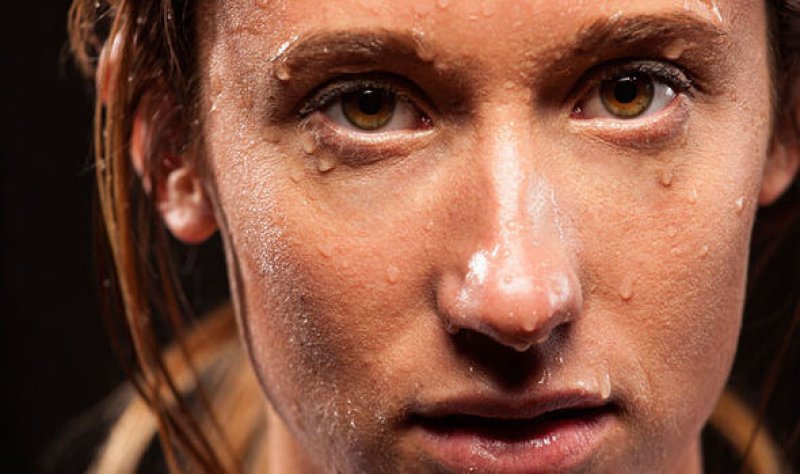Millions of years ago, digestion consumed most of the calories we ate. These days, our brain takes 20 times more energy than any other organ in the body. So for our brain to develop, we needed a higher density food. Meat—obtained from hunting and killing other animals—fit the bill.
…
The ability to run long distances and sweat—so as not to overheat, allowed our ancestors to wear out other animals. Sweating was the key factor. Consider a gazelle running over long distances and being chased by our progenitors. The fact that they can sweat and the gazelle can’t means they can last far longer in the heat of the African Savannah.
…
Sweating, in addition to being a highly advanced cooling system, may have also acted as a defense mechanism. Anyone who’s ever played shirtless tackle football in the summertime knows how hard it is to catch someone who’s slick and sweaty. So the next time you’re sweating bullets in some social situation, take a moment to calmly reflect on the fact that despite the awkwardness of your perspiration, this biological function is the main reason why you’re able to suffer such indignities in the first place.
Read full, original post: Sweating may be why we became the dominant species on Earth































